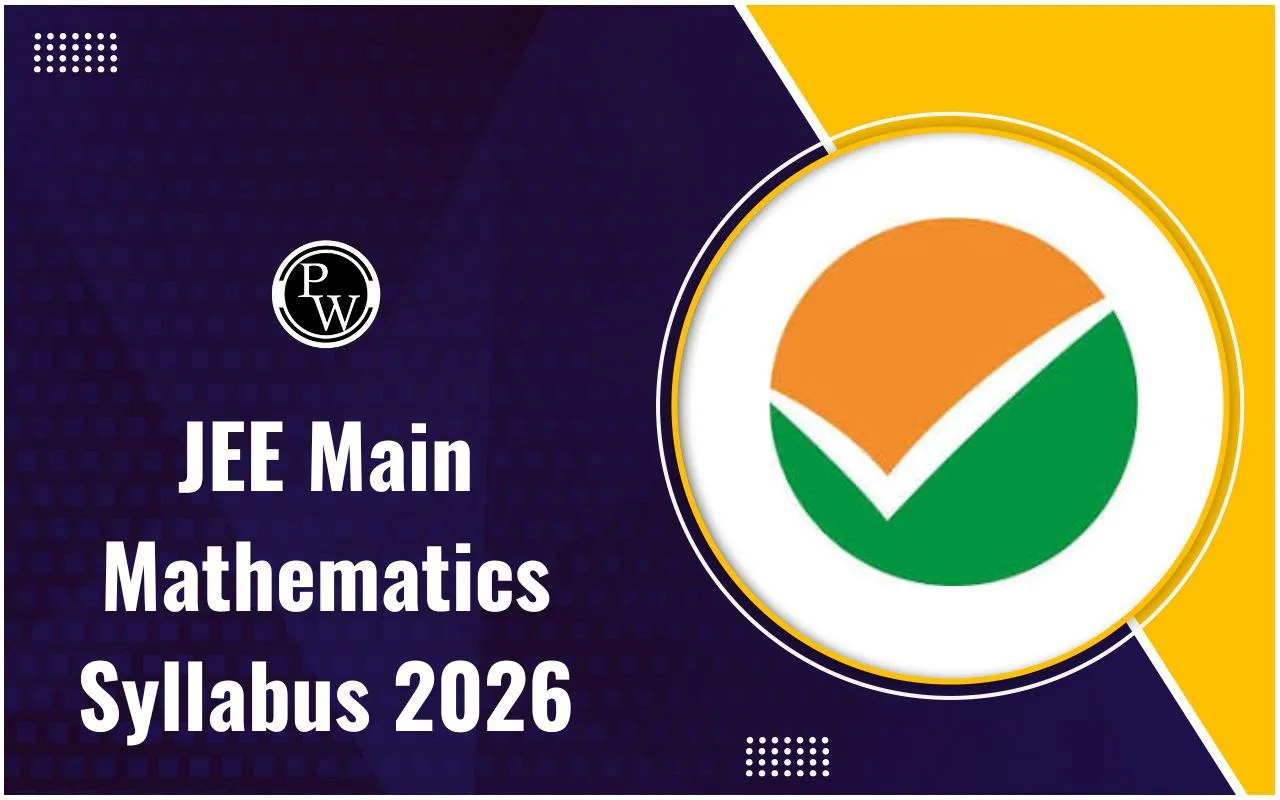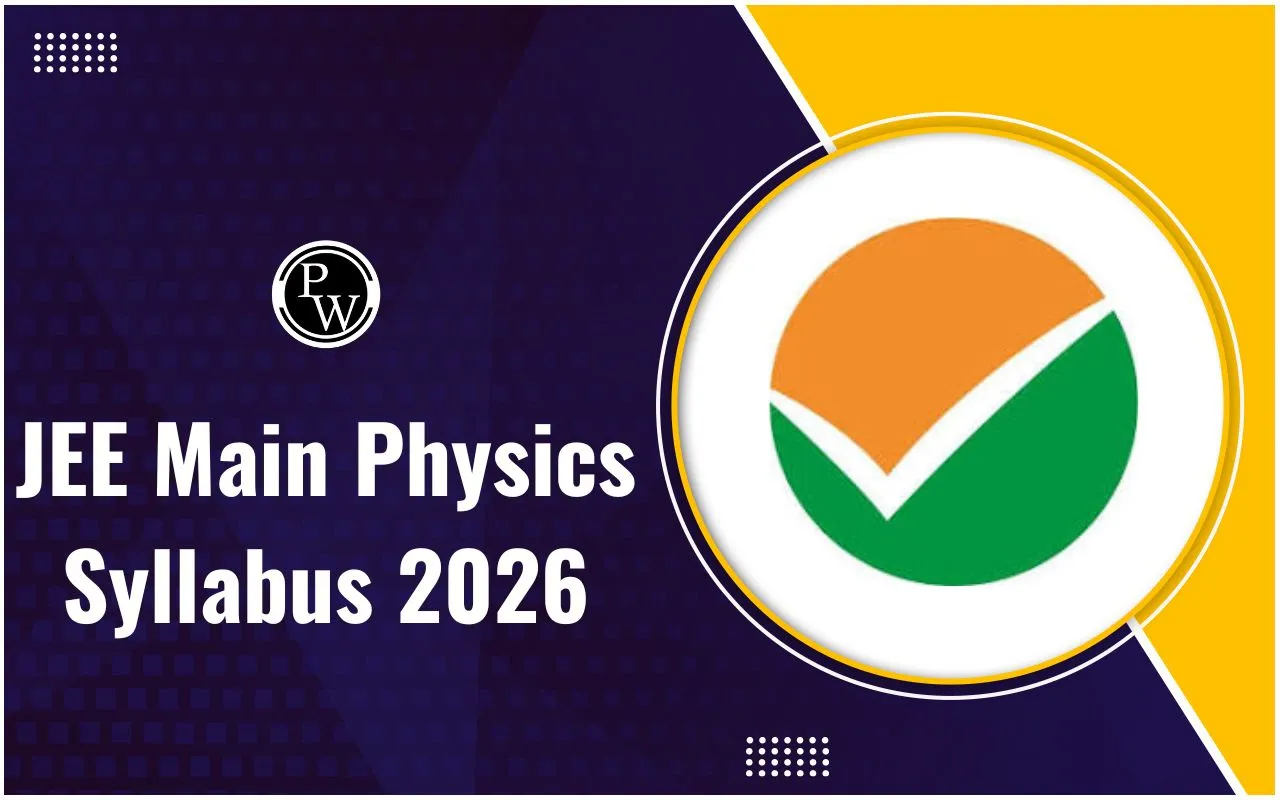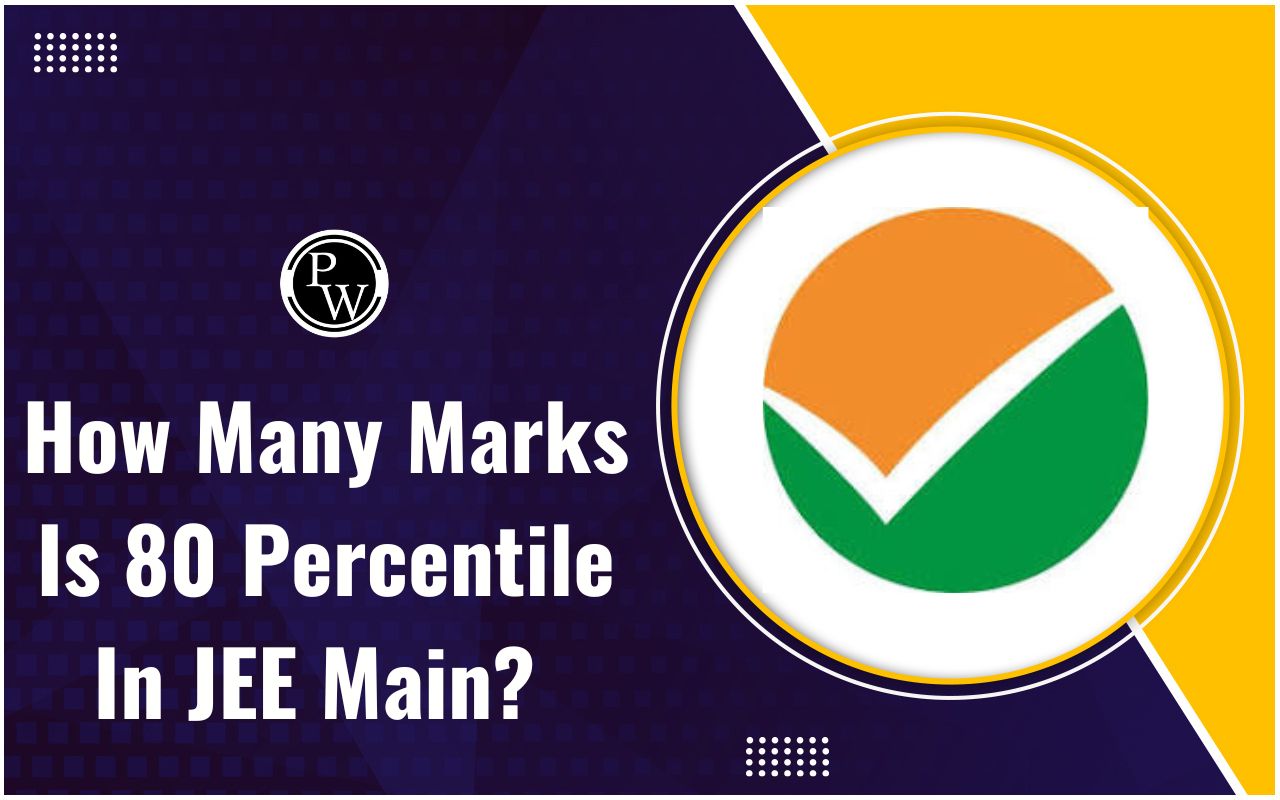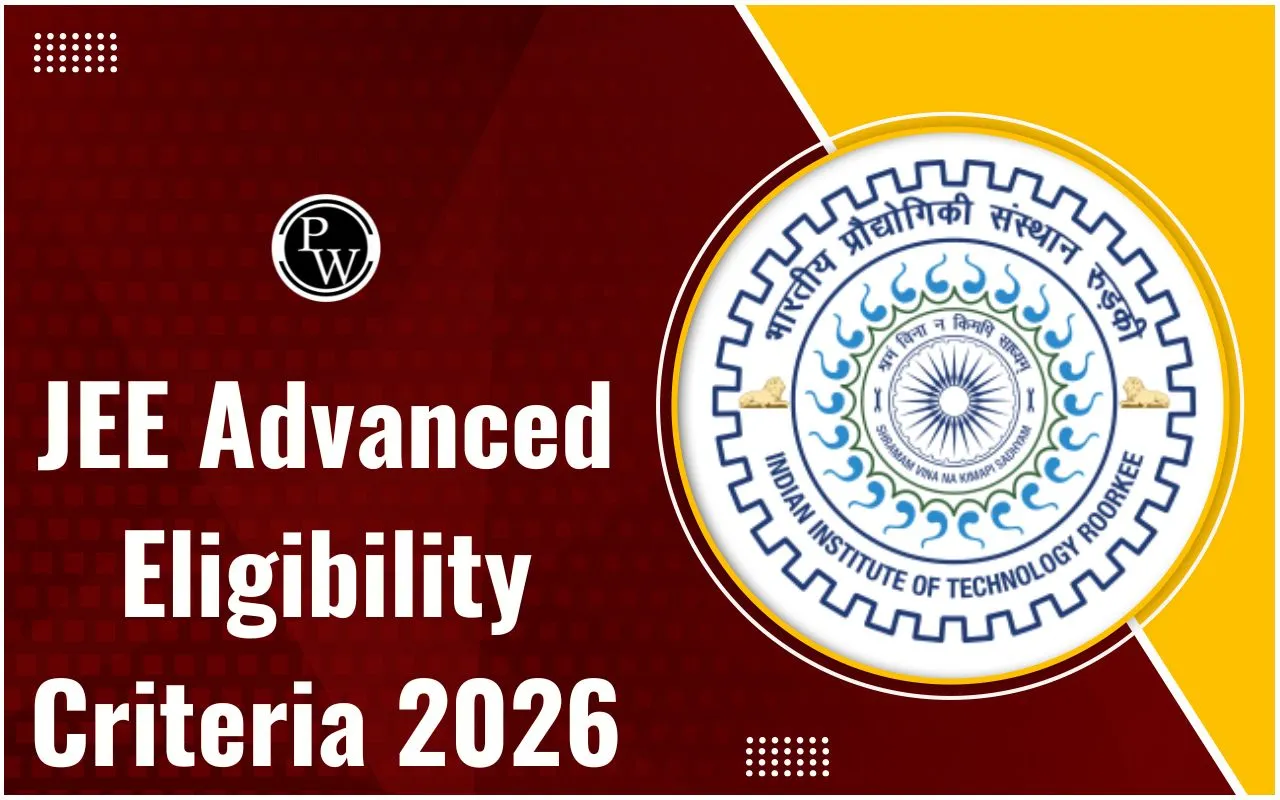
Chemical Equilibrium JEE Questions is one of the most important and scoring topics of Chemistry in JEE Main and Advanced. This chapter covers the concept of how reversible reactions attain a steady state where both forward and backward reactions take place at the same rate. Chemical Equilibrium JEE Questions is one of the key portions of the JEE Main exam pattern. This is because not only the theoretical concepts covered, but also the numerical questions on this topic are asked. With regular practice of solving chemical equilibrium questions jee mains and practicing JEE advanced equilibrium questions, students build up speed, accuracy, and confidence.
Chemical Equilibrium JEE Questions Overview
Chemical Equilibrium is a chapter under the section of Physical Chemistry in the JEE Main Syllabus. This chapter is given a high scoring pattern in JEE Main and Advanced. The concept of equilibrium is implemented in various day-to-day chemical reactions, like the synthesis of ammonia, biological systems, etc. Also, the industrial synthesis of some chemicals also come under equilibrium reactions. In JEE, this chapter is linked with Thermodynamics and Ionic Equilibrium, and it is one of the base chapters for other areas of Chemistry. The frequency with which chemical equilibrium questions appear in JEE Main previous years' papers indicates their importance.
Practice Chemical Equilibrium JEE Questions
By practicing a mix of chemical equilibrium JEE Mains and JEE Advanced equilibrium questions, students get exam-like experience and a feel of the depth required in each exam. Here are some Chemical Equilibrium JEE Questions:
1. 2SrSO₄(s) ⇌ 2SrO(s) + 2SO₂(g) + O₂(g), ΔH > 0
Above equilibrium is established by taking some amount of SrSO₄(s) in a closed container at 1700 K. Then which of the following is incorrect option?
A. moles of SrO(s) will increase with the increase in temperature
B. If the volume of the container is doubled at equilibrium then partial pressure of SO₂(g) will change at new equilibrium
C. If the volume of the container is halved partial pressure of O₂(g) at new equilibrium will remain unchanged
D. moles of SrO(s) will increase on adding more strontium oxide at equilibrium
2. The vapour density of N₂O₄ at a certain temperature is 40. What is the % dissociation of N₂O₄ at this temperature?
A. 53.3 %
B. 10.66 %
C. 26.7 %
D. 15 %
3. A(s) ⇌ 2B(g) + C(g)
The above equilibrium was established by initially taking A(s) only. At equilibrium, B is removed so that its partial pressure at new equilibrium becomes 1/3rd of original total pressure. Ratio of total pressure at new equilibrium and at initial equilibrium will be:
A. 2/3
B. 14/13
C. 5/3
D. 17/19
4. A certain gas ‘x’ trimerises to a very small extent at a given temperature as 3A(g) ⇌ A₃(g). The reaction is started with one mole of A in a container of capacity 2L. Determine the value of PV/RT at equilibrium.
A. 1 − Kc/4
B. 1 − Kc/2
C. 3Kc/4
D. 1 − Kc/6
5. 2AB(g) ⇌ A₂(g) + B₂(g)
For the reaction the degree of dissociation (α) of AB(g) is related to equilibrium constant Kp by expression √x/Kp / (1 + 2√Kp). Calculate value of ‘x’.
A. 1
B. 2
C. 3
D. 5
6. The standard enthalpy change and standard free energy change for the equilibrium:
Zn(s) + H₂O(g) ⇌ ZnO(s) + H₂(g)
are 224 kJ mol⁻¹ and 33 kJ mol⁻¹ respectively at the temperature 920 K. Calculate the temperature at which equilibrium constant becomes 1. Assume ΔH remains constant.
A. 675.8 K
B. 1078.5 K
C. 987.7 K
D. 1201.2 K
7. The value of Kp for the reaction:
CO₂(g) + C(s) ⇌ 2CO(g)
is 3.0 bar at 1000 K. If initially CO₂, P = 0.48 bar, CO, P = 0 bar and pure graphite is present then determine equilibrium partial pressure of CO and CO₂.
A. PCO = 0.15 bar, PCO₂ = 0.66 bar
B. PCO = 0.66 bar, PCO₂ = 0.15 bar
C. PCO = 0.33 bar, PCO₂ = 0.66 bar
D. PCO = 0.66 bar, PCO₂ = 0.33 bar
8. Gas A (mol. mass 16) and gas B (mol. mass 4) are confined into a vessel at partial pressure of 2 atm each at 27°C. The gases are then allowed to effuse out at 27°C through a valve till the pressure inside the vessel becomes 2 atm after which the valve is closed and the gases are heated to 127°C and allowed to react as A + B ⇌ C, Kp = 0.1 atm⁻¹. Calculate the partial pressure of C at equilibrium assuming C is not formed till the effusing process is completed at 27°C.
A. 1.523 atm
B. 0.216 atm
C. 0.326 atm
D. 0.126 atm
Watch Chemical Equilibrium JEE Question Practice Video on YT
Chemical Equilibrium JEE Questions PDF with Solution
PW offers Practice Question PDFs with Answers and Solutions that match the JEE exam pattern to aid students' preparation. This PDF contains chemical equilibrium questions for JEE Mains with step-by-step solutions. Practicing from this PDF, students will learn shortcuts and formulas as well as presentation of answers in the exam.
Chemical Equilibrium JEE Questions
Practice with Free PDF
Chemical Equilibrium JEE Questions FAQs
Q1. How many questions are asked from Chemical Equilibrium in JEE?
Q2. Are Chemical Equilibrium questions tough in JEE?
Q3. How can I score full marks in equilibrium problems?
Q4. Is Chemical Equilibrium interlinked with other topics?
Q5. Where can I download Chemical Equilibrium JEE Questions with solutions as PDF?











